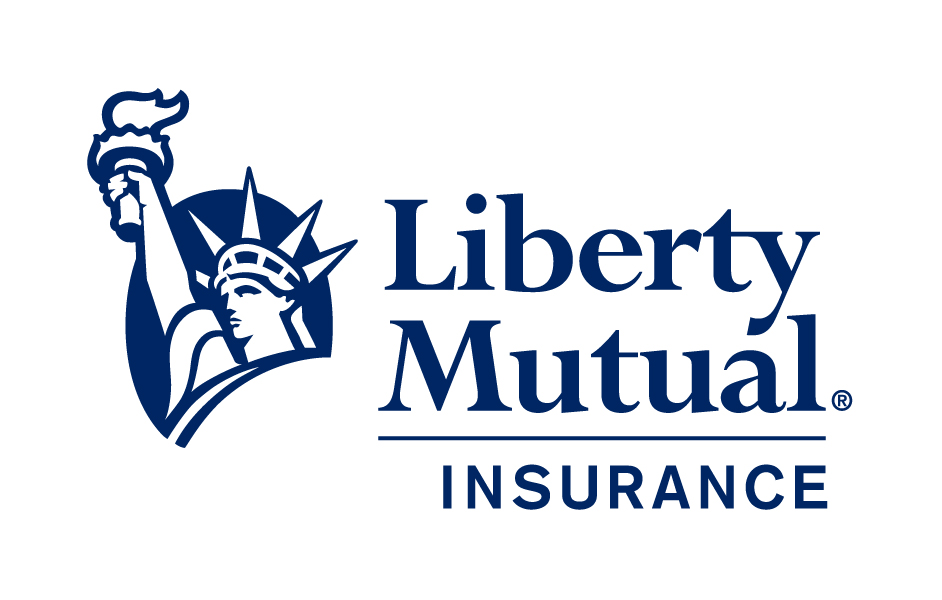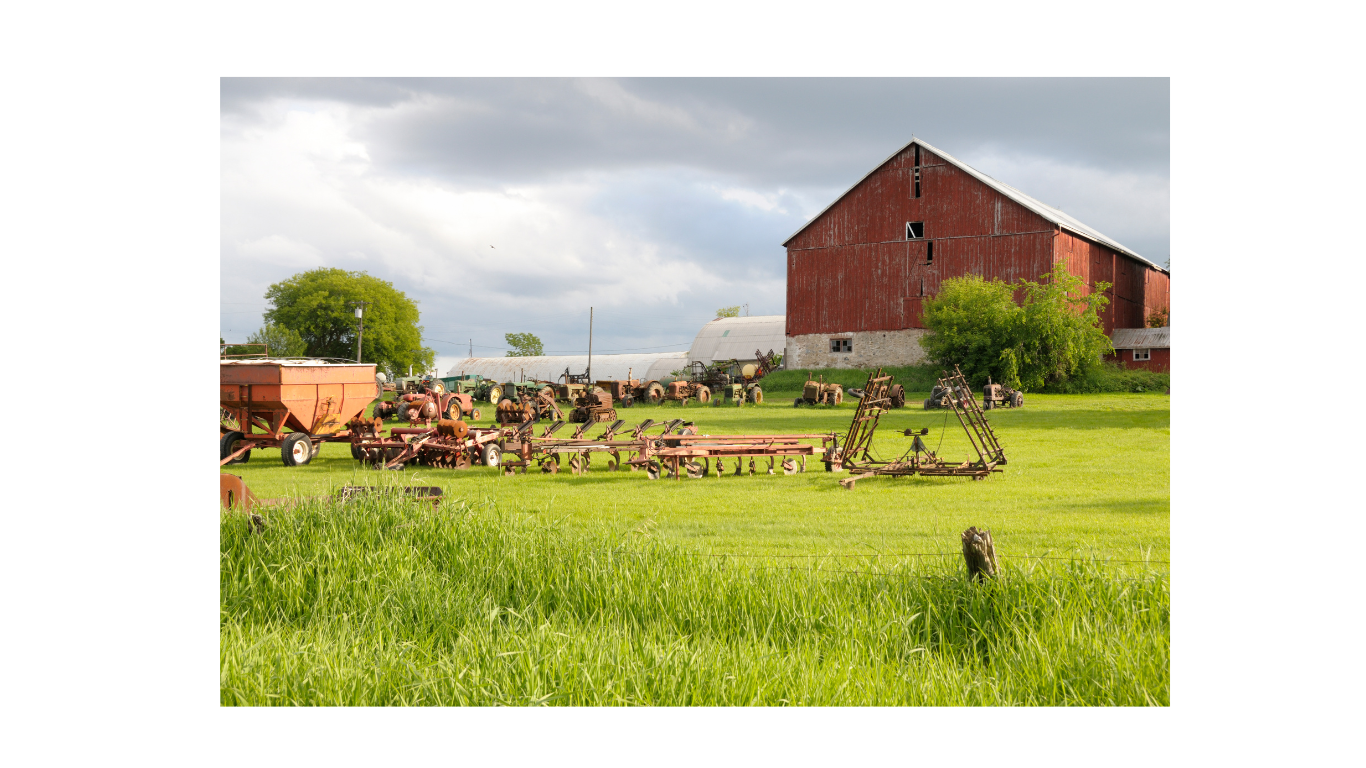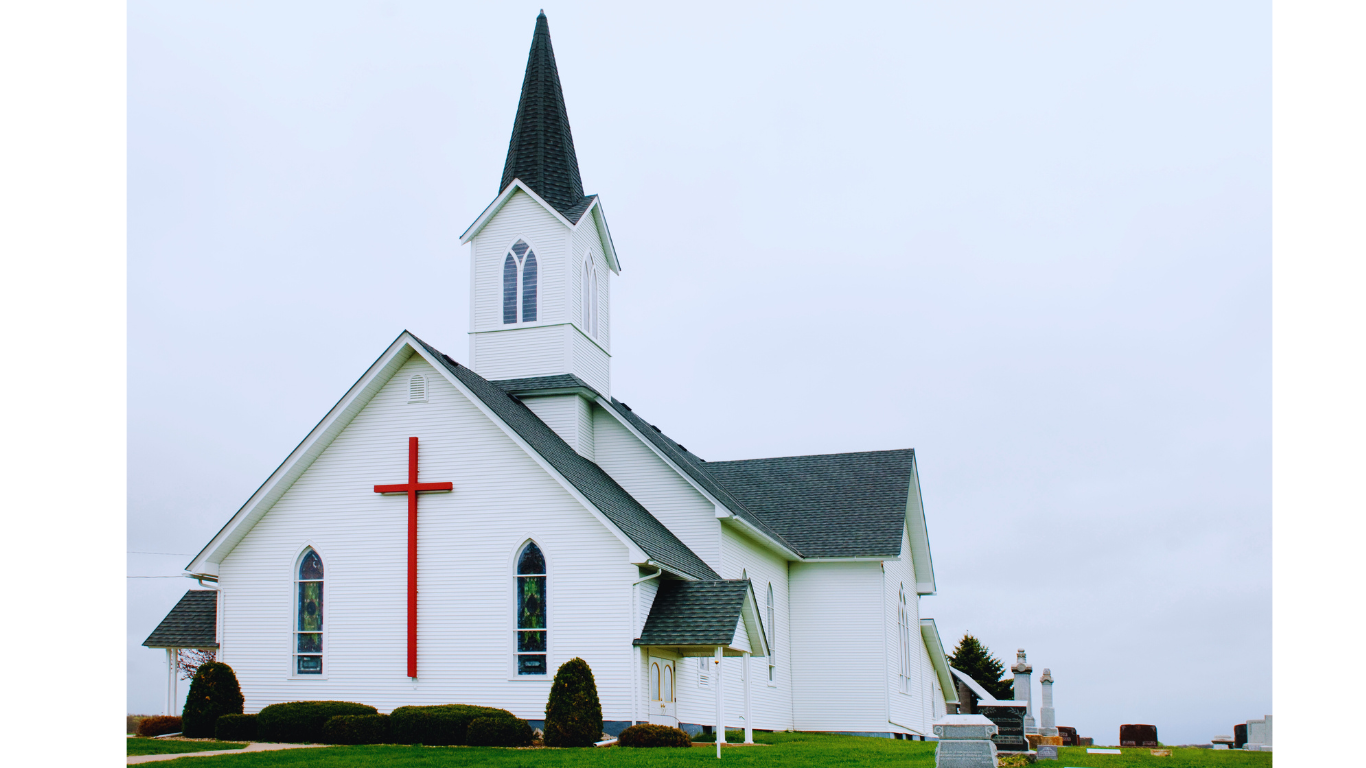Instant. Simple. Smart.
Insurance you'll really love
We have a dedicated team of professionals and experts on different types of insurance. And we are proud to help and serve you the best insurance service that we can offer.
We specialize in
Client service center
Our priority is to protect and make sure your insurance needs are met with care and consideration.
Get the latest news
From our blog

Auto insurance discounts can feel like Bigfoot — everyone talks about them, and if you’ve spent time in Broken Bow or Hochatown, you know some folks swear they’ve seen one. But actually finding a discount that applies to you? That’s another story. At Conway Insurance, we help Oklahomans cut through the gimmicks and find the discounts that are real, practical, and can actually lower your bill. Whether you’re in Oklahoma City, Edmond, Norman, Midwest City, Tulsa, or down in Broken Bow, here’s what you need to know about saving money without sacrificing protection. If you’re looking for affordable auto insurance in Oklahoma without cutting corners, you’re in the right place. TL;DR – Quick Guide to Oklahoma Auto Insurance Discounts Looking for affordable auto insurance in Oklahoma without cutting coverage? Here are the biggest ways Oklahomans save: 🎓 Good Student – Teens/college drivers with B average or better. 🚗 Multi-Car & Multi-Policy – Biggest savings for families, bundles, or renters + auto. 📱 Safe Driver / Telematics – Drive safely, get rewarded (Progressive Snapshot, GEICO DriveEasy). 💻 Auto-Draft & Paperless – Small but easy savings for e-sign and autopay. 🛡️ Loyalty & Continuous Coverage – Stick with your carrier, avoid lapses, earn better pricing. 🏠 Bundle with Renters/Home – Even a small renters policy can drop your auto rates. 🎖️ Military Discounts – Available with carriers like GEICO for active, retired, Guard/Reserve. 🧾 Defensive Driving & Driver’s Ed – Great for teens, mature drivers, or ticket clean-up. ⚡ Bonus Discounts – Hybrid/EV, early renewal, prior carrier, professional group credits. 👉 Not all discounts apply to all drivers; eligibility varies by carrier and may change at renewal. We’ll shop Progressive, GEICO, Safeco, Mercury, NatGen, and more to find what fits you. Why Discounts Get Confusing Carriers love to advertise “up to 20% savings,” but here’s the fine print: not every discount applies to every driver. That’s why one person leaves smiling, while another wonders why their rate didn’t budge. And let’s be honest — it’s frustrating when you see ads promising huge savings, but your own quote barely changes. Sound familiar? As an independent agency, Conway Insurance shops Progressive, GEICO, and other trusted carriers to match you with the discounts you actually qualify for — no false promises.

You’ve driven up to a car dealership in Edmond, Norman, Tulsa, or one of the hundreds across Oklahoma for a test drive — fallen in love with the leather seats, the new-car smell, and the salesperson’s “today-only deal.” You’ve convinced yourself the monthly payment isn’t that bad. You know the look — that “today-only deal” grin. Then come the tag fees… and that insurance quote you didn’t see coming. Buying a car isn’t just about the test drive and financing; it’s about understanding the hidden costs that follow you home — like insurance. 🧾 TL;DR – Quick Guide 🚘 Buying a car in Oklahoma? Avoid these seven mistakes: ❌ Don’t skip VIN checks ❌ Don’t rely on minimum coverage 💬 Quote your insurance before signing 🛡️ Protect yourself with GAP and comprehensive coverage 📋 Review your policy afterward 🤝 Keep your agent in the loop — small details prevent big problems 🧭 Oklahoma Quick Facts • 13% of Oklahoma drivers are uninsured • State minimum liability: 25/50/25 — meaning $25,000 per person, $50,000 per accident for bodily injury, and $25,000 for property damage • Average new vehicle cost: $48,000 • Average Oklahoma tag & title fees: $300–$600 per vehicle 💡 Translation: A single crash involving a newer SUV could exceed the state’s minimum property-damage limit instantly.












